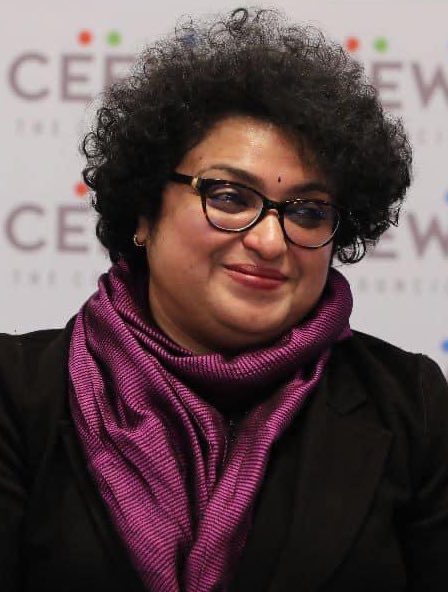Contributors
More »- 1
- 2
- 3
- 4
- 5
- 6
- 7
- 8
- 9
- 10
- 11
- 12
- 13
- 14
- 15
- 16
- 17
- 18
- 19
- 20
- 21
- 22
- 23
- 24
- 25
- 26
- 27
- 28
- 29
- 30
- 31
- 32
- 33
- 34
- 35
- 36
- 37
- 38
- 39
- 40
- 41
- 42
- 43
- 44
- 45
- 46
- 47
- 48
Balancing uncompensated positive externalities and developmental needs of Himalayan States
31/07/2019
Ten of the eleven Himalayan and north eastern states came together at a conclave in hill town of Uttarakhand with twin demands from the government of India viz., a separate ministry to deal with problems endemic to them and a ‘green bonus’ in recognition of their contribution to environmental conservation ...

While pragmatic, its fiscal marksmanship is a pressing concern.
Policy uncertainty can cause a severe drag on economic growth. The maiden budget by finance minister Nirmala Sitharaman was a judicious narrative of how to lessen the policy uncertainties. She has not deviated from the fiscal consolidation path and ...
The draft NEP and the Question of Finances
12/07/2019

(Co-authored with Arvind Sardana)
The Draft National Education Policy is an ambitious document that aims to bring in wide-spread reforms in the field of education and research. But do we have enough money to realize these goals? Sukanya Bose and Arvind Sardana examine this question.
The Draft National ...
Interview With CNBC TV18
08/07/2019
Union Budget 2019 is a prudent one and I'm very happy about that: PMEAC member Rathin Roy
A silent fiscal crisis?
08/07/2019
The ability of government to shrink the expenditures in 2019-20 would severely strain attempts to maintain fiscal discipline.
This year’s Budget speech was the first I have seen that, in my memory, has no paragraphs on the fiscal situation which, along with the tax proposals, is at the core ...
